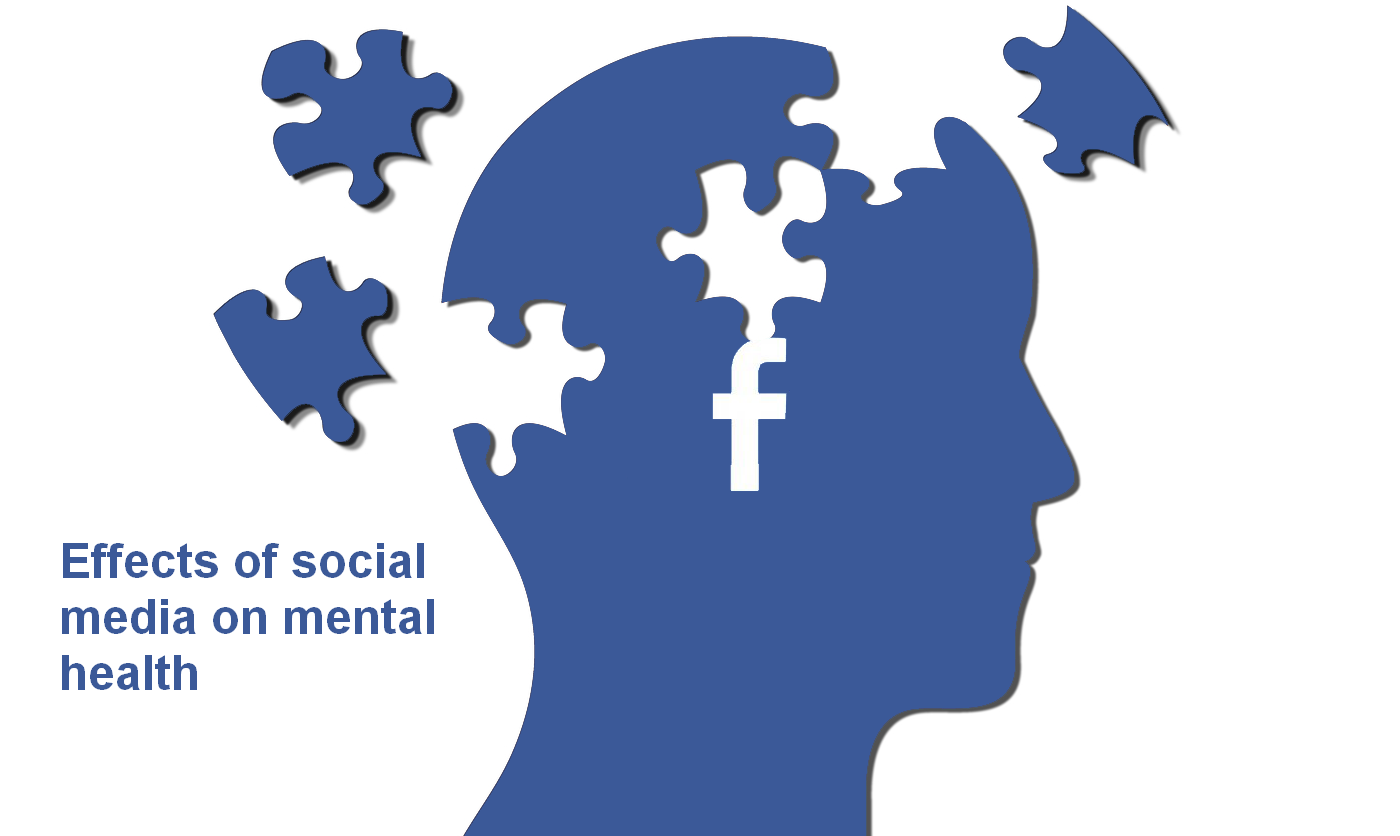Fake news
Fake news items, which are purposely and verifiably fake, have been used to influence politics and sell advertising. But, it has also evolved into a tool for inciting and intensifying societal strife. People's distrust of stories that are incorrect and purposely mislead them is rising. In certain circumstances, this suspicion leads to incivility, protest over fictitious events, or violence. This tears the fabric of existence, pitting neighbor against neighbor. Why would somebody do this? Fake news is used for two reasons by people, organizations, foreign governments, and even our own. So a year ago there was this issue wherein the need of stepping up the battle against the spread of fake news was emphasized by Senators Nancy Binay and Jinggoy Estrada because nine out of ten Filipinos, or 90 percent, perceive false news as an issue in the nation, according to a Pulse Asia poll. I think we the Filipinos should be aware of fake news and its categories. Misinformation is the transmission of erroneous or incorrect information that was not intended to harm you. By sharing and disseminating false information, you lend credibility to it. Fake news is information or news that is not verified by sources, facts, or quotations. This includes hoaxes, conspiracy theories, phony websites, clickbait pages masquerading as legitimate websites, memes, YouTube channels masquerading as authoritative channels, and "zombie claims". Disinformation is information designed to deceive, lie, or support the objective of a person or a social/political group. It's slanted information, similar to propaganda used for "brainwashing," designed to hurt you. Misinformation and disinformation are intended to elicit a reaction (emotional response) and elicit action (share content). When something elicits powerful emotions in us, it is simple to distribute false information without even realizing it. Here are ways on how to verify if it is real. Always verify the source or "author" of the item you are seeing. A dependable and renowned source: gives in-depth, evidence-based information that is authoritative, is neutral and offers a balanced perspective, is well-known and has earned a reputation for trustworthiness through time. Stop! Also, double-check your facts before sharing. Develop your evaluating abilities and critical thinking. Ask yourself why this knowledge was developed and what its purpose is. Don't only look at what a website says about itself. Instead, conduct a web search to learn what others are saying about them. This will assist you in determining the veracity of the material.

Comments
Post a Comment